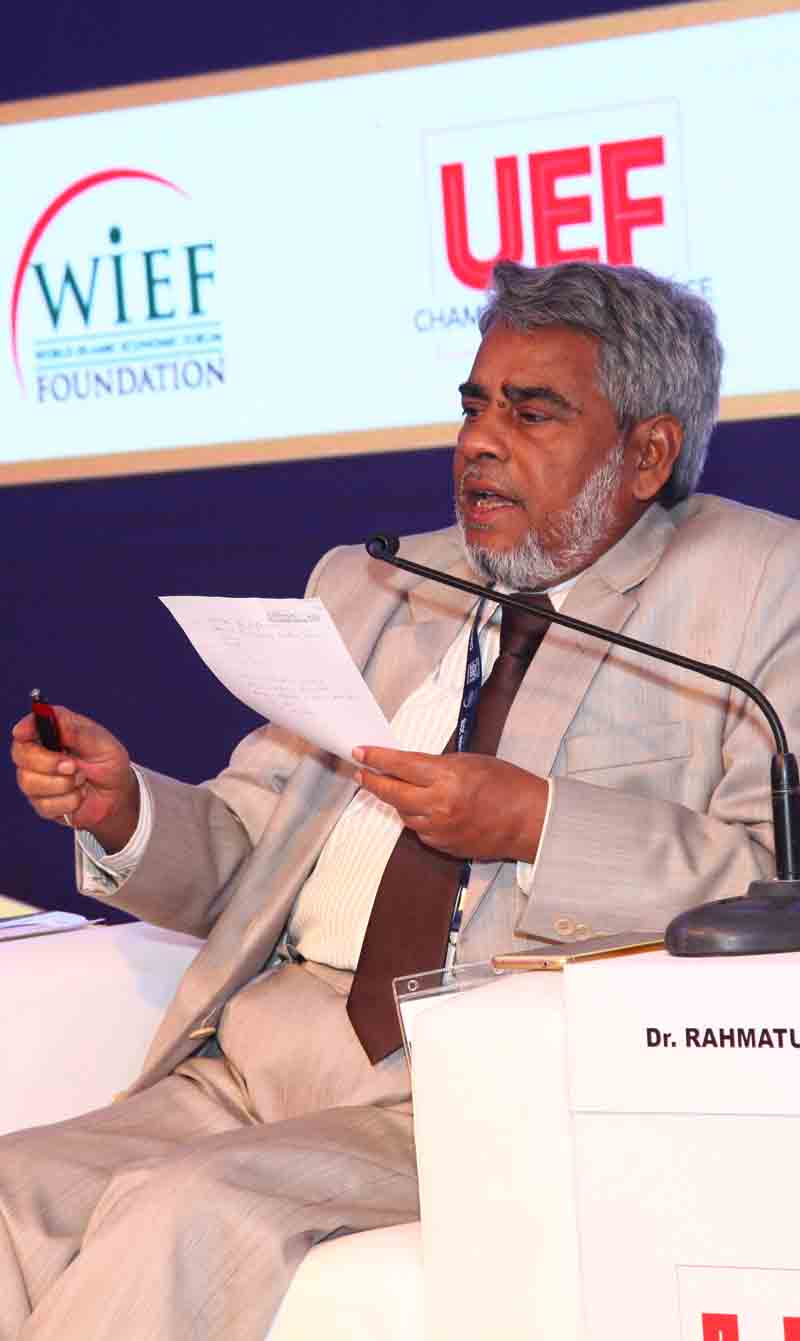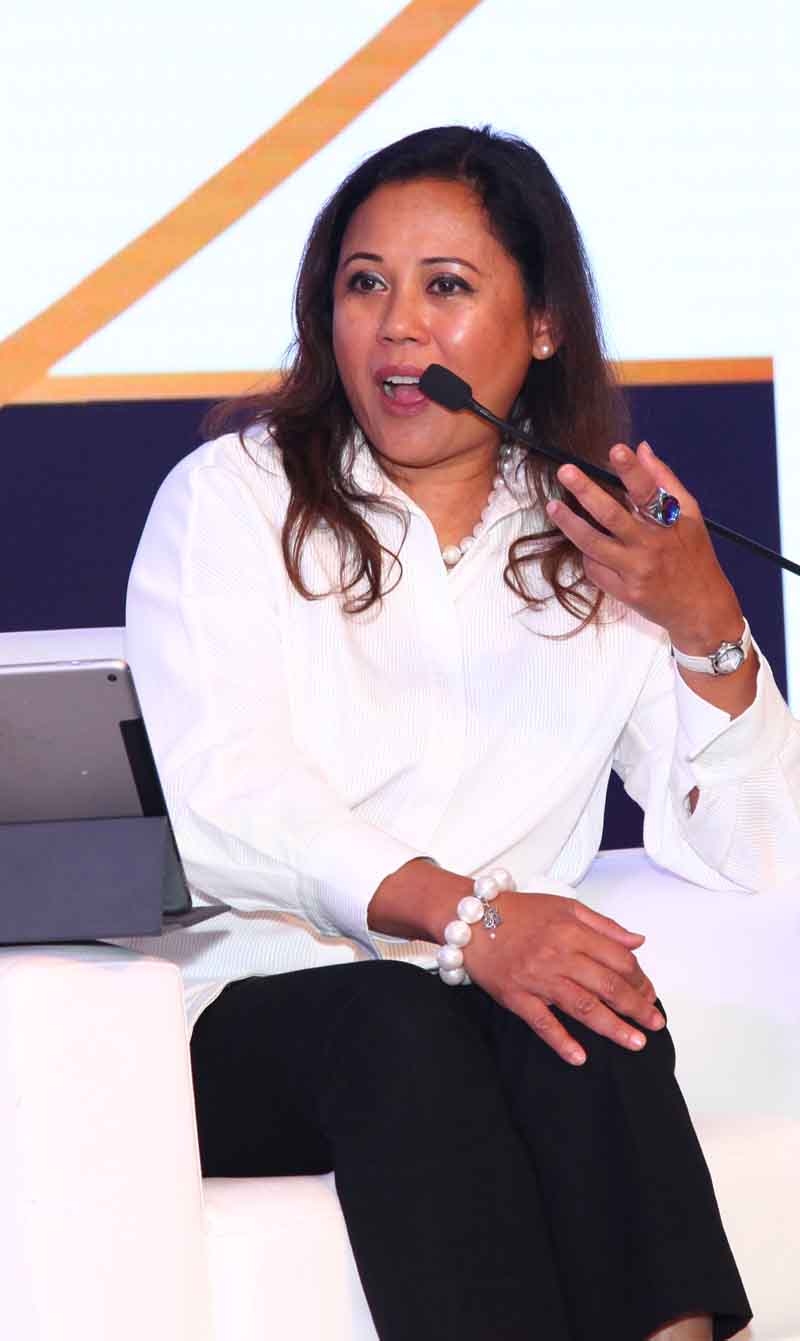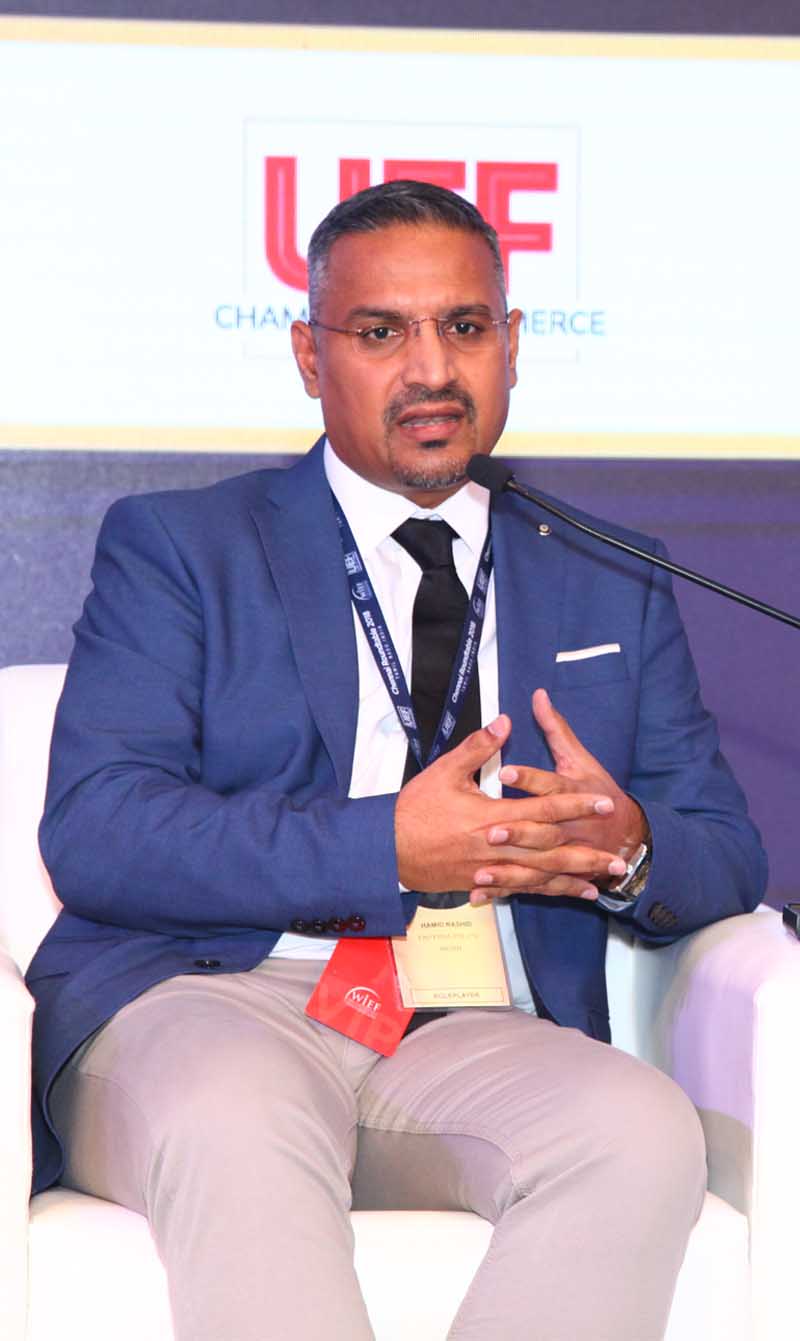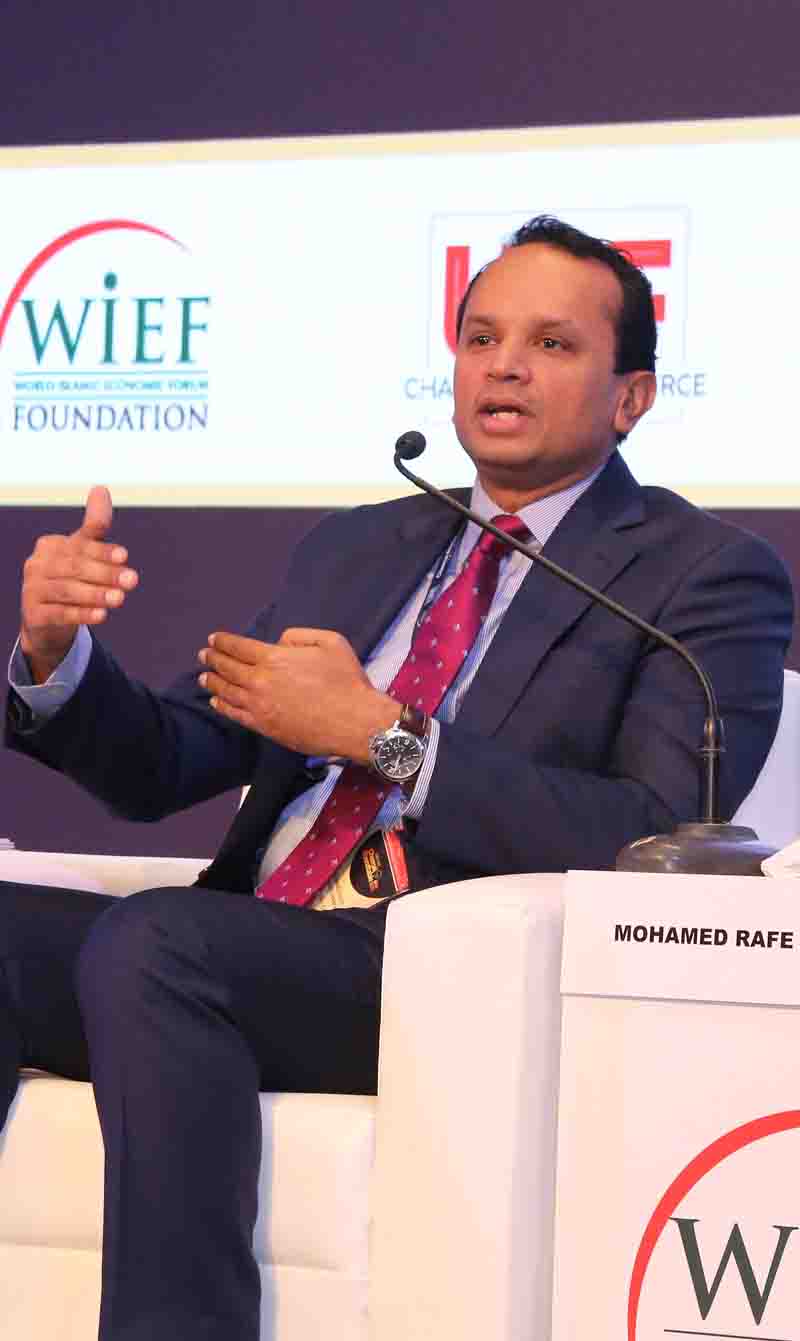Islamic finance in non-Muslim markets
The steady rise of Islamic finance’s popularity in non-Muslim majority countries such as Japan, writes former President and CEO of INCEIF, Daud Vicary Abdullah, boils down to two points, its growth hampered by one or two factors and its role can be pivotal in two sectors globally.
Let’s cut straight to the chase. The popularity of Islamic finance in Asian non-Muslim majority countries is undoubtedly growing and is now primarily focused on doing business rather than on religious lines. In the last 20 years or so, there have been some to-ings and fro-ings based on religious interpretations. The situation now has become more stable as it is generally recognised that money and finance have no religion but do share ethical and responsible values.
The reasons for the popularity of Islamic finance in non-Muslim markets can be varied. So, to put a finger on it, generally, in my experience they revolve around two main factors:
Firstly, is a recognition that Islamic Finance can be good for business. An example of that’ll be Brazil, which is the number one global supplier of halal food to the Muslim world. Brazil has recognised that it’s not just about halal the food but the financing of supply chain operations in accordance with shariah law.
Secondly, it’s a growing recognition of the values of Islam and Islamic finance. Here, it’ll be good to draw your attention to the close resemblance between the objectives of the Maqasid al Shariah (objectives of Islamic law) and the 17 UN Global Sustainable Development Goals (SDG). Indeed, of the USD169 trillion of invested assets in the world today, more than 40 per cent is invested in compliance with UN Principles of Sustainability.
Altering perceptions
However, there are one or two factors hampering the growth of Islamic finance in the non-Muslim majority countries. The key issues here are awareness and understanding. Education plays a vital role in changing perceptions.
For example, many people still perceive that Islamic finance is for Muslims only. In fact, Islamic finance can be enjoyed by everyone and the social impact and risk sharing values may be enjoyed by all, too.
Generally, the answer to how long it took to establish Islamic finance in economically stable East Asian countries such as Korea, Japan and Taiwan can be lengthy. Japan’s probably at the forefront in both its understanding and application of Islamic finance. Many Japanese financial institutions have Islamic subsidiaries operating in Malaysia, Indonesia and the GCC (Saudi Arabia, Kuwait, UAE, Qatar, Bahrain and Oman). Korea and Taiwan are giving thought to this. However, the prime driver is likely to be the establishment of halal trade and tourism which are both being recognised as significant growth markets in these Asian countries.
In fact, there are a few sectors where Islamic finance can comfortably play a role in within these countries. Close links between the halal industry, halal tourism, development of infrastructure, SME financing and the growth of an asset management industry focused on the SDG will be the key growth areas as shared values become more widely understood.
Generally, government institutions play a passive role while ensuring that there’s a level playing field. Indeed, Islamic finance is not looking for special treatment and would prefer to compete in a well-regulated and fair environment. The better we can create awareness and educate everyone its values, the steadier its future growth will be. The key here will be the impact of sustainability on the real economy which Islamic finance underpins.
Contribution of Islamic finance to the economy
Globally, Islamic finance in a shariah-compliant form represents a little over one per cent of the global economy. In Malaysia, current estimates are close to 30 per cent. So long as the younger generation or millennials, as they are better known, continue to support the values of the SDG, then Islamic finance will continue to be a growth area.
Alignment of values to sustainability, good stewardship and adherence to ‘do no harm values’ and coupled with risk sharing, transparency of business transactions as well as a viable alternative to a debt based financial economy will allow Islamic finance to flourish. This is as long as education, research and the associated awareness created is permitted to develop further. Only then will Islamic finance be thought of as a catalyst for inclusive growth.
Last words
Malaysia has led the world in every aspect of Islamic finance for two decades or more. In education and research, INCEIF – the Global University of Islamic Finance – has led the way. It has produced more than 1,500 masters and PhD graduates from over 70 countries around the world. Also, it has secured a global ranking at number 25 for applied research in economics, recognised by the RePEc (Research Papers in Economics) rankings. I can’t say this enough, education and research change perceptions and create impact.
___________________
Find more on Islamic finance and other industries on the digital versions of In Focus magazine, issue 1 and issue 2.
Photo by rawpixel on Unsplash





